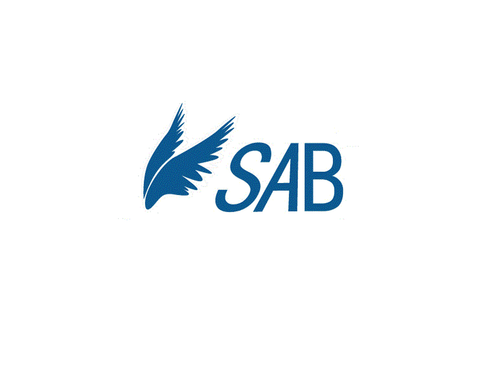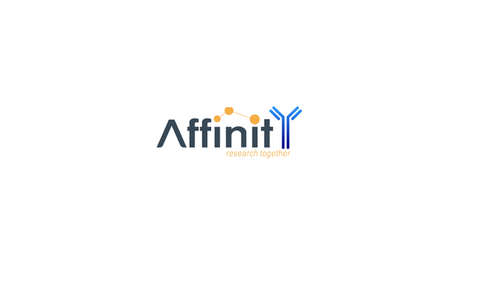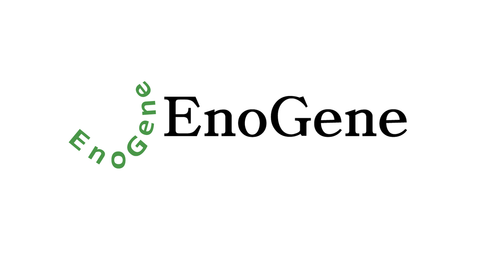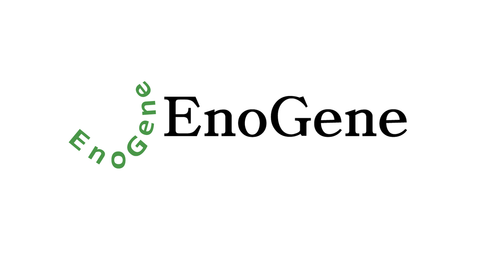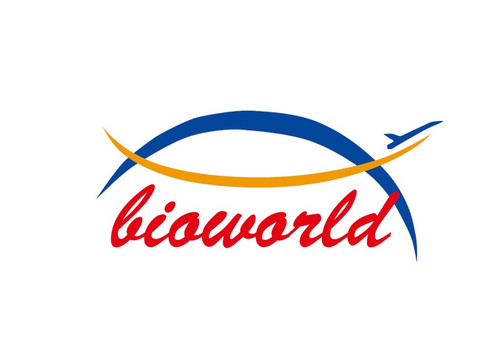Product Description
BAIAP2 Antibody | 19-599 | ProSci
Host: Rabbit
Reactivity: Human, Rat
Homology: N/A
Immunogen: Recombinant fusion protein containing a sequence corresponding to amino acids 362-521 of human BAIAP2 (NP_059344.1) .
Research Area: Neuroscience
Tested Application: WB, IHC, IF
Application: WB: 1:500 - 1:2000
IHC: 1:50 - 1:200
IF: 1:50 - 1:200
Specificiy: N/A
Positive Control 1: A-549
Positive Control 2: K-562
Positive Control 3: SW620
Positive Control 4: 293T
Positive Control 5: N/A
Positive Control 6: N/A
Molecular Weight: Observed: 61-65kDa
Validation: N/A
Isoform: N/A
Purification: Affinity purification
Clonality: Polyclonal
Clone: N/A
Isotype: IgG
Conjugate: Unconjugated
Physical State: Liquid
Buffer: PBS with 0.02% sodium azide, 50% glycerol, pH7.3.
Concentration: N/A
Storage Condition: Store at -20˚C. Avoid freeze / thaw cycles.
Alternate Name: BAIAP2, BAP2, IRSP53, BAI1-associated protein 2, FLAF3
User Note: Optimal dilutions for each application to be determined by the researcher.
BACKGROUND: The protein encoded by this gene has been identified as a brain-specific angiogenesis inhibitor (BAI1) -binding protein. This adaptor protein links membrane bound G-proteins to cytoplasmic effector proteins. This protein functions as an insulin receptor tyrosine kinase substrate and suggests a role for insulin in the central nervous system. It also associates with a downstream effector of Rho small G proteins, which is associated with the formation of stress fibers and cytokinesis. This protein is involved in lamellipodia and filopodia formation in motile cells and may affect neuronal growth-cone guidance. This protein has also been identified as interacting with the dentatorubral-pallidoluysian atrophy gene, which is associated with an autosomal dominant neurodegenerative disease. Alternative splicing results in multiple transcript variants encoding distinct isoforms.
 Euro
Euro
 USD
USD
 British Pound
British Pound
 NULL
NULL









